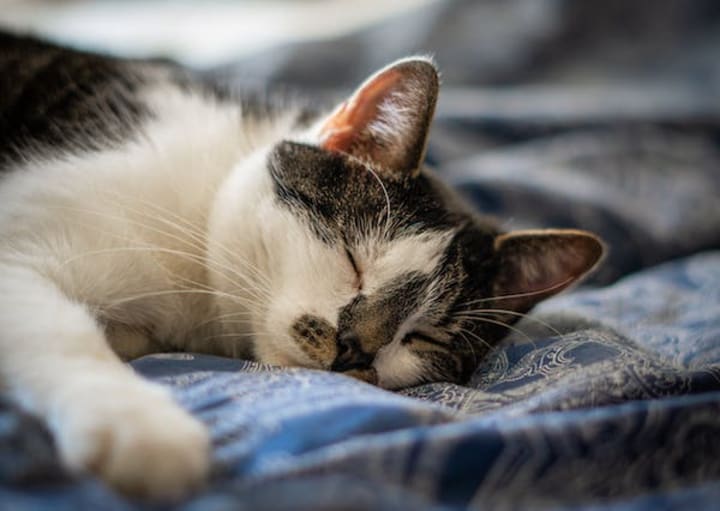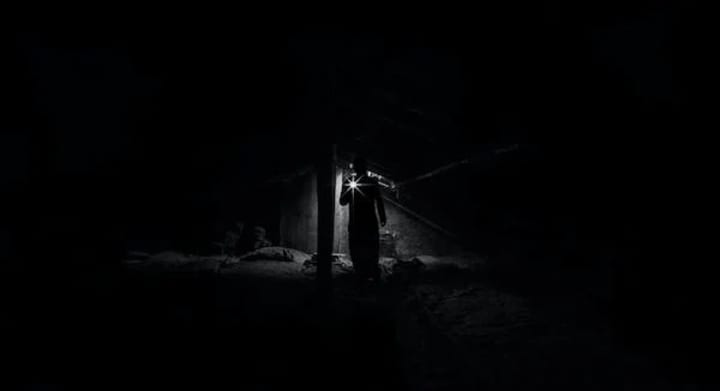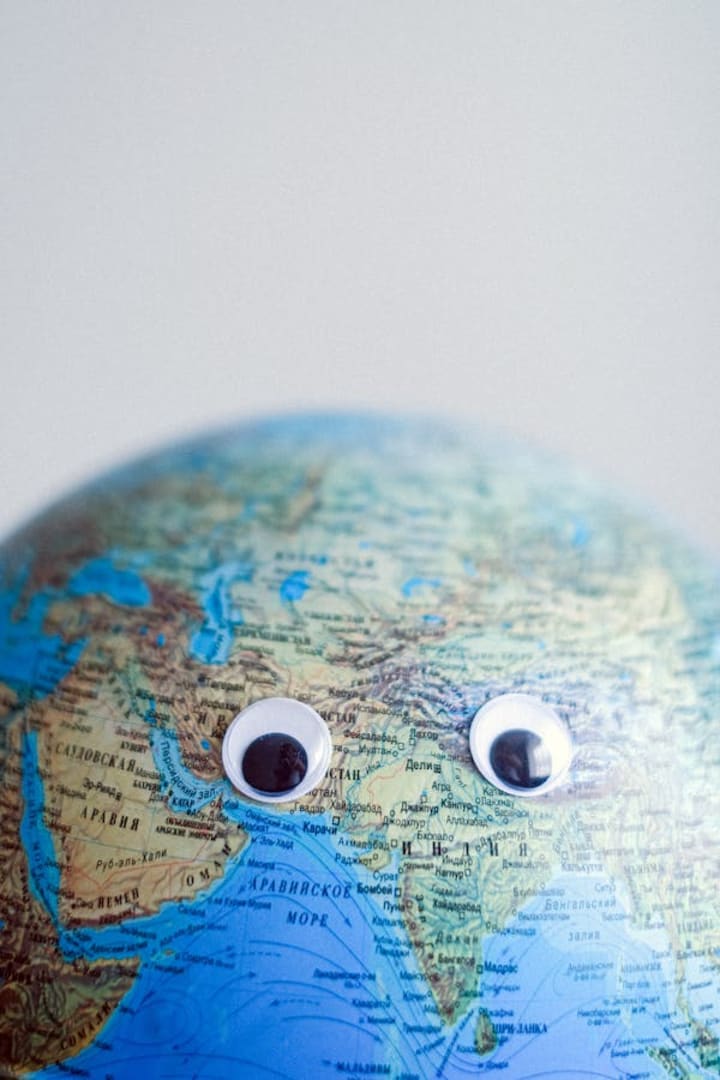Social Media: Friend or Foe? The Social Media Trap How to Escape The truth about the dangers and Benefits of social media
Social media now permeates every aspect of our life. We use it to communicate with friends and family, to exchange ideas and stories, and to educate ourselves about the world we live in. What transpires, though, if we utilize social media inordinately?
Addiction to social media is a genuine issue. It may have a variety of detrimental effects, such as:
Reduced productivity:

We're less likely to be effective at work or school when we're continually monitoring our social media feeds. According to a University of Pittsburgh research, college students who used social media more than two hours per day had a higher likelihood of having poorer GPAs than those who used it less often.
Depression:

Our use of social media might contribute to sentiments of loneliness as well as isolation by making us feel as though we aren't good enough. According to a University of Pittsburgh research, those who use social networking sites for more than two hours per day are more likely than those who use it for less time to experience depressive symptoms
Anxiety:

Since we are continually exposed to pictures of individuals who appear to be having more fun than we are, social media may be a fertile ground for anxiety. According to a University of Pittsburgh research, those who spend more than two hours each day on social media are more likely to have anxiety symptoms than those who spend less time online.
Lack of sleep:

The blue light from our displays can disrupt our sleep cycles, making it more difficult to fall asleep and remain asleep. According to a University of Pittsburgh research, folks who use social media right before bed are more likely to have trouble sleeping than those who don't
There are quite a few things someone can do to cut back on their use of social media if they're worried that they could be addicted to it:
Set boundaries:
Set a daily limit for the amount of time you wish to spend on social media and stick to it. To keep yourself on track, you may set a timer.
Distracting apps should be removed from your phone if you find yourself checking social media accounts frequently. This will make it more difficult for you to access them and will assist you in breaking the habit of constantly monitoring them.
Find more pursuits:

Find other enjoyable things that you may do to unwind and reduce your stress. This can entail doing something relaxing like reading, visiting with loved ones, or taking a stroll.
Demand for Action
Please spread the word about this article to your friends and family if you are worried about the risks of social media addiction. To be able to choose wisely how to use social media, we must all be aware of the hazards.
Here are some more steps you may take in addition to the advice provided above to lessen your dependence on social media:
Be aware of your triggers:

What causes you to want to check your social media? You may begin to avoid your triggers once you are aware of them.
Take a break After 20 to 30 minutes, set a timer and disconnect from social media. Take a stroll, read a book, or engage in another activity other than using a device.
Find a system of support:
Discuss your addiction to social media with your family and friends. They may provide assistance and inspiration.
THANKS FOR READING AND SUPPORTING
HOPE YOU ALL UNDERSTAND DO FOLLOW ME ON
TWITTER

Comments
Post a Comment